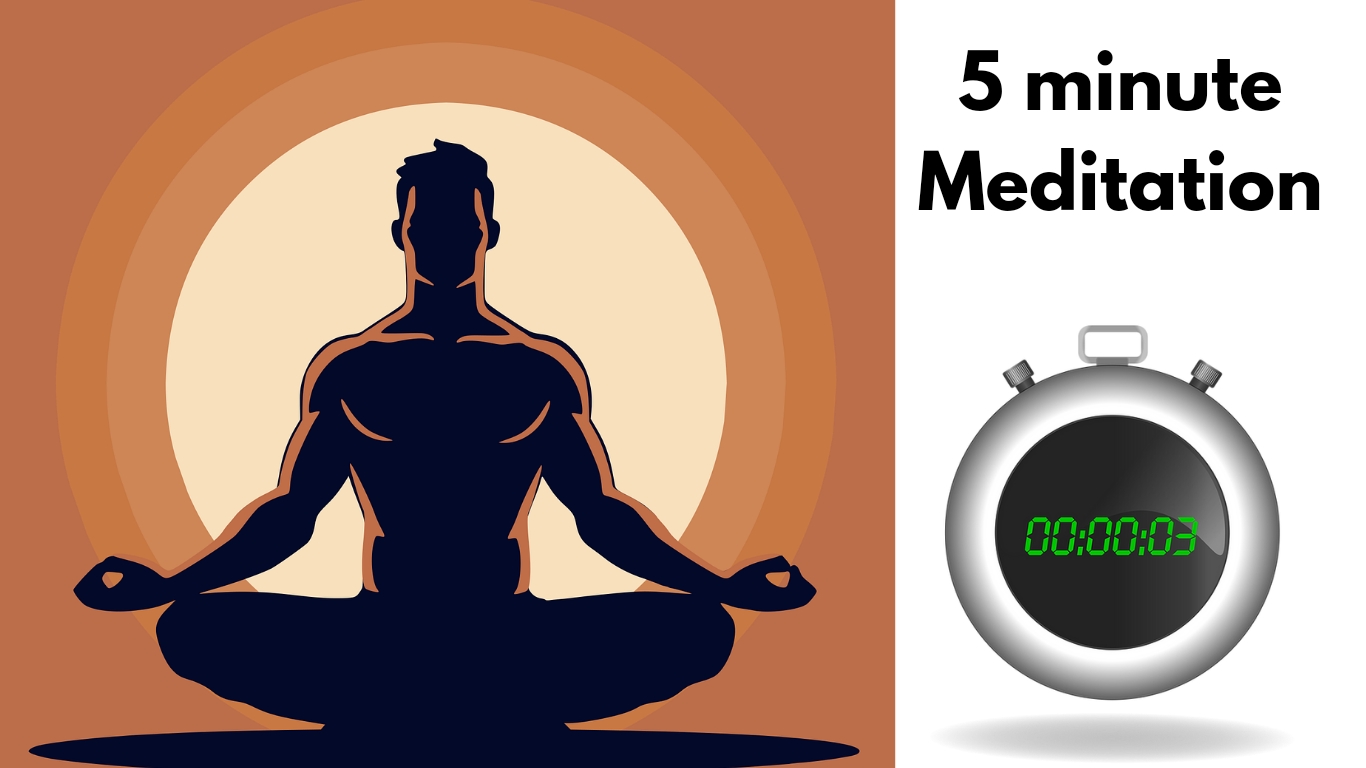5 minute meditation is transformative strength.
In our fast-paced world, meditation often carries the misconception of being a time-consuming or complex practice reserved for yogis or retreatants. Many believe that achieving mental clarity and emotional balance requires deep concentration and long sessions of complex rituals. However, the truth is that just 5 minute meditation can unlock profound benefits for anyone, regardless of experience level.

Picture this: You’re at your desk, overwhelmed by deadlines and distractions, or perhaps you’re navigating the chaos of family life. Just five minutes can act as a powerful reset, offering a moment to breathe and re-center yourself in the midst of a storm.
An easy 5 minute exercise means 5 minute meditation.
To incorporate this practice into your daily routine, find a comfortable and quiet place. Sit or stand, and if you feel comfortable doing so, close your eyes. Start by taking a few deep breaths—inhale through your nose for a count of four, hold for four, and exhale through your mouth for a count of six. Repeat this cycle a few times until you feel a sense of calm wash over you.
Next, shift your focus to your breath. Notice the sensation of air entering and leaving your body. If your mind starts to wander (which it will! ), gently return your attention to your breath without judgment. Just let yourself be in the moment. You can also imagine a peaceful scene like a quiet beach or forest to enhance your relaxation.
After five minutes, slowly bring your awareness back to your surroundings. Open your eyes and take a moment to notice your feelings. This short break can remove mental clutter and reset your mental state, making you more present and focused as you return to your day.

The science behind 5 minute meditation.
Research supports the extraordinary effects of meditation on both the brain and body. Neuroscientific studies show that even short sessions can increase activity in the prefrontal cortex, an area associated with decision-making and emotional control. Regular exercise can reduce levels of the stress hormone cortisol while increasing the production of serotonin and dopamine, which contribute to feelings of happiness and well-being.
Furthermore, the benefits of meditation extend beyond the individual. Those who practice regularly often report improved relationship and communication skills, as meditation increases empathy and emotional intelligence.
**Embracing the practice**
Integrating five minutes of meditation into your life is not only possible but essential to taking care of your mental health. Here are some helpful tips to get you started:
1. **Set a timer**
Pick a specific time each day—perhaps first thing in the morning or during your lunch break—and set a timer for five minutes.
2. **Create a ritual:**
Incorporate your meditation into daily habits, such as enjoying your morning coffee or taking a nap before bed, to make it a seamless part of your routine.
3. **Use guided meditation:**
Consider using apps or online resources for guided sessions that can help you stay focused and motivated. You can visit Headspace for more information.
4.**Be kind to yourself:**
Remember that meditation is a journey. Some days will be easier than others, and that’s perfectly okay.
In the true sense, he who is master of meditation, who has the power to become meditative at will, he, sitting in meditation, exists above the feelings of benefits and harms, at such a height, that height is indescribable, that height is incomprehensible to others. Whatever the method, practice meditation; if one cannot “meditate,” its benefits are more likely to be out of reach.
By embracing even just five minutes of meditation, you’re investing in your mental clarity, emotional balance, and overall well-being. Amidst the chaos of modern life, these moments of stillness can be your refuge—transformative and empowering. So, take a deep breath and dive into this simple yet profound practice. Your mind will thank you.

3 thoughts on “5 minute meditation”